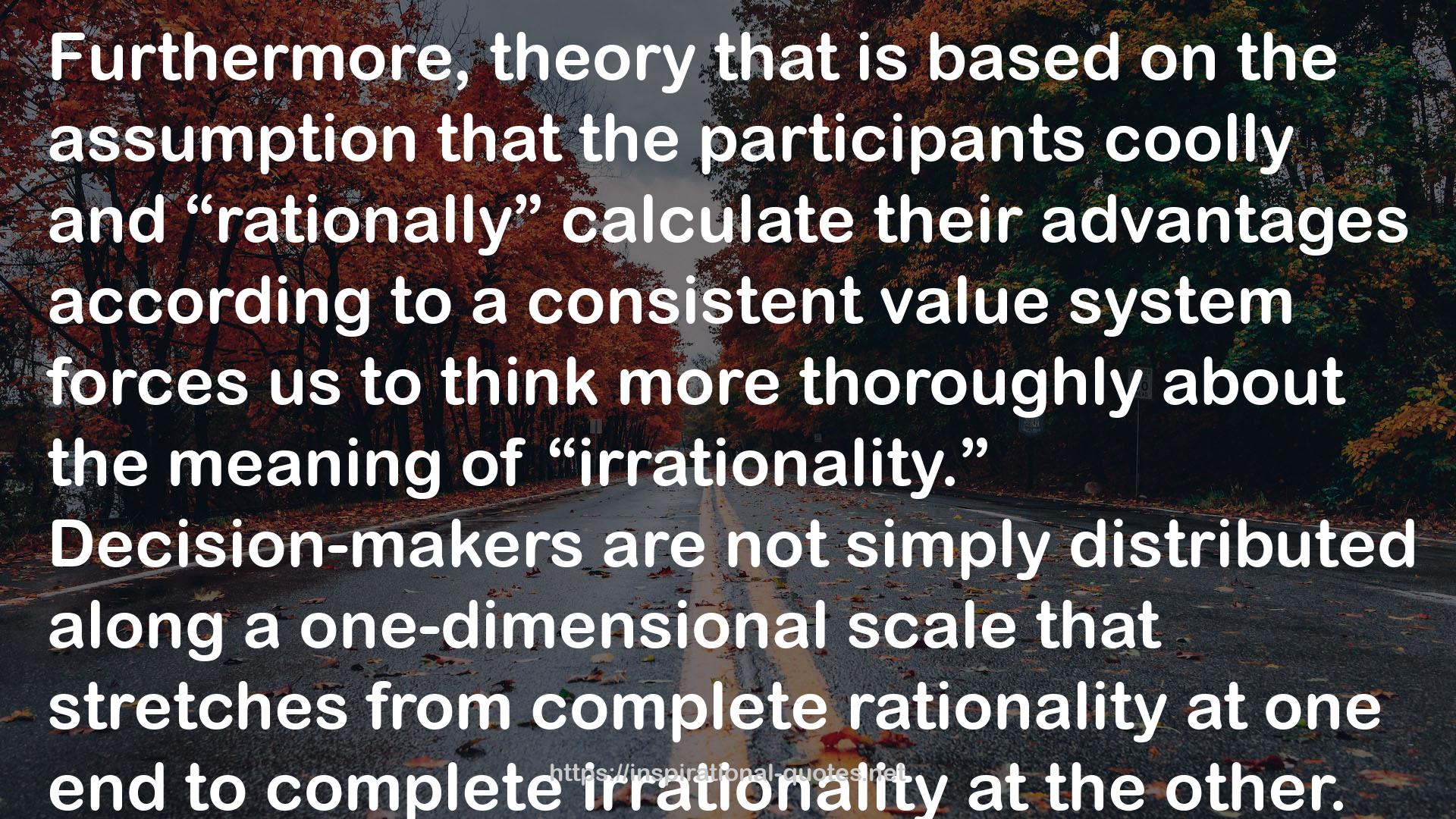The Strategy of Conflict QUOTES
SOME WORKS
- Constantinople
- Waltzing with Bears: Managing Risk on Software Projects
- Adrenaline Junkies and Template Zombies: Understanding Patterns of Project Behavior
- Black: The Brilliance of a Non-Color
- The Pornographic Age
- The True Life
- Reflections On Anti-Semitism
- Sonlu ve Sonsuz
- All the Right Stuff
- Bad Boy: A Memoir

